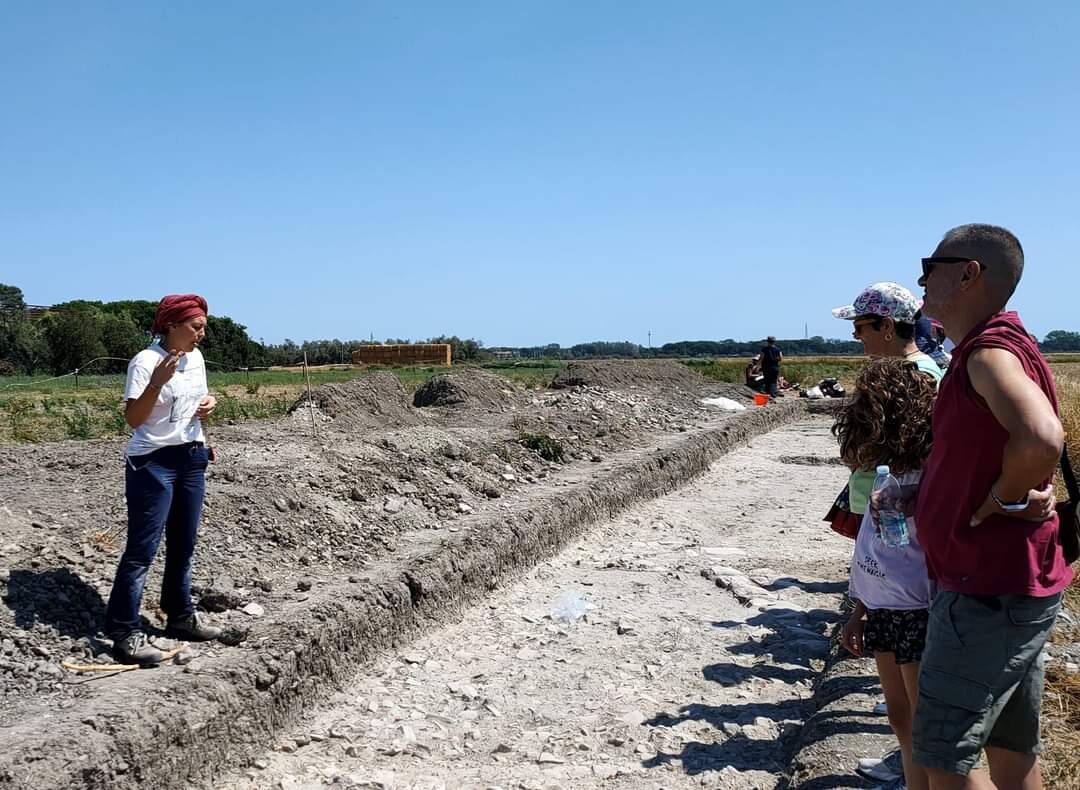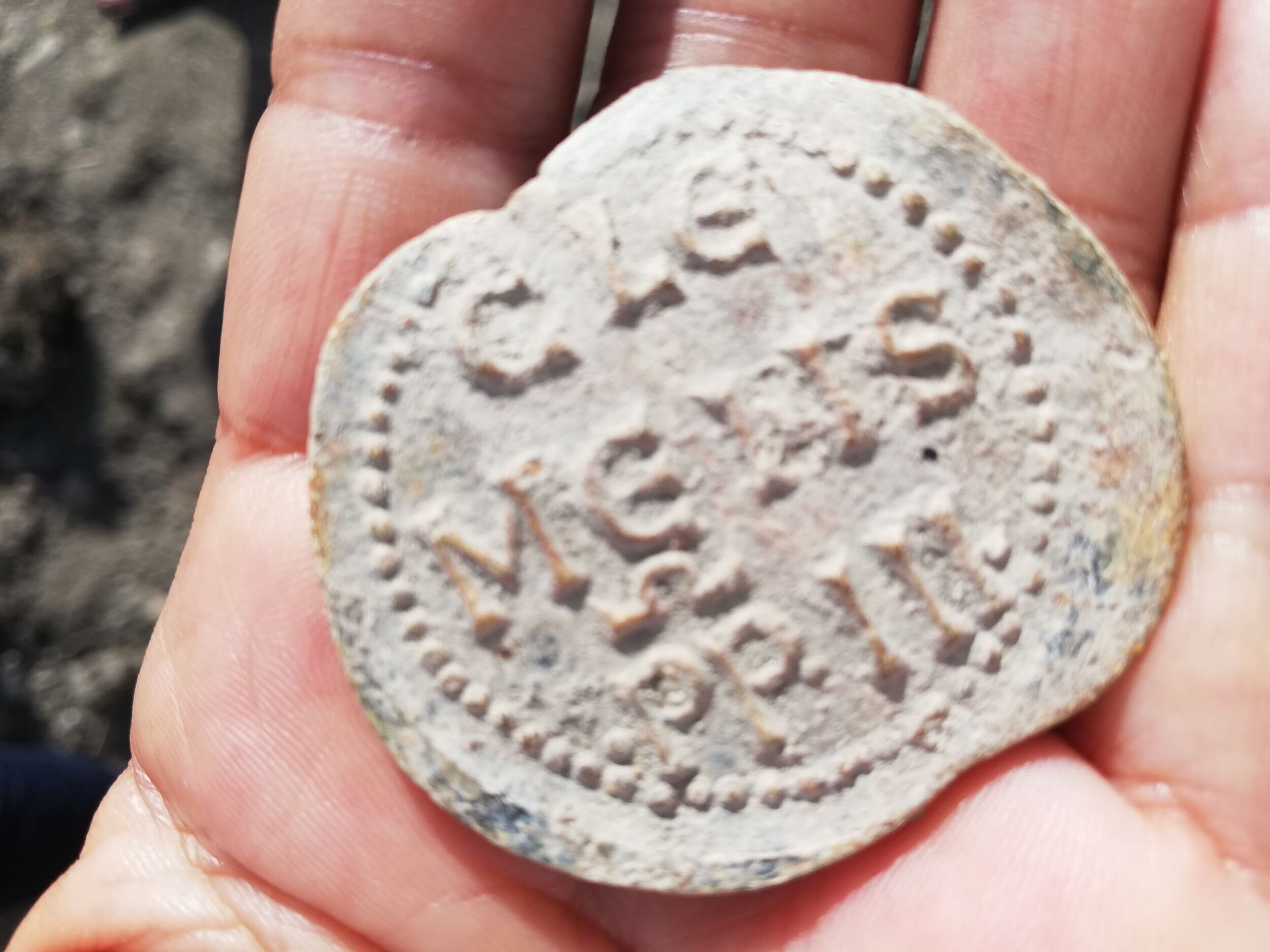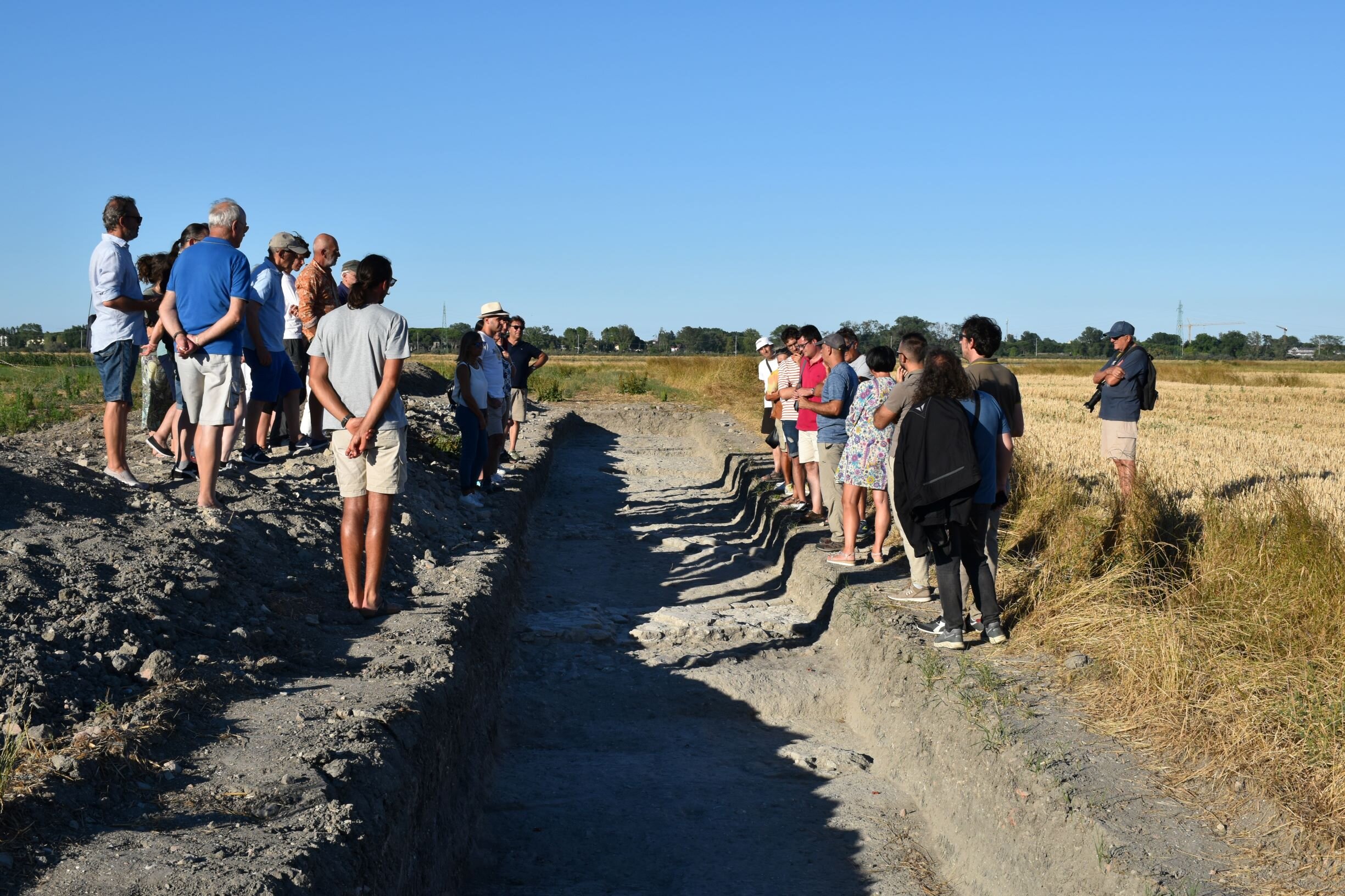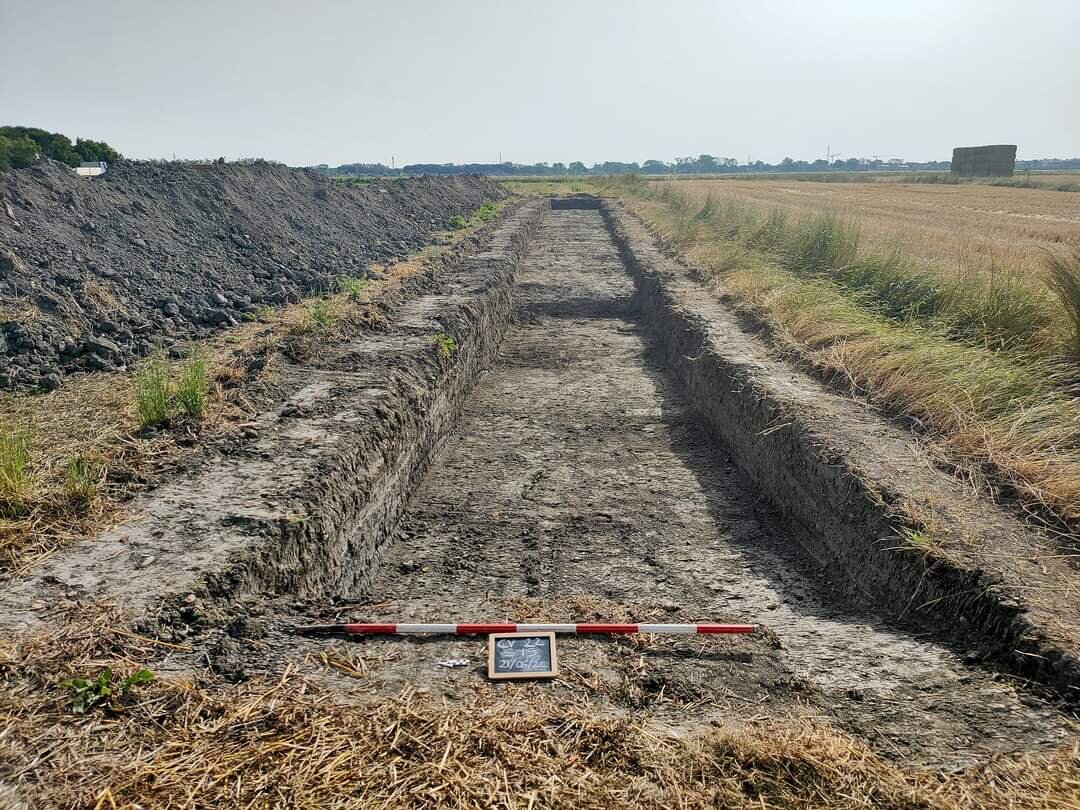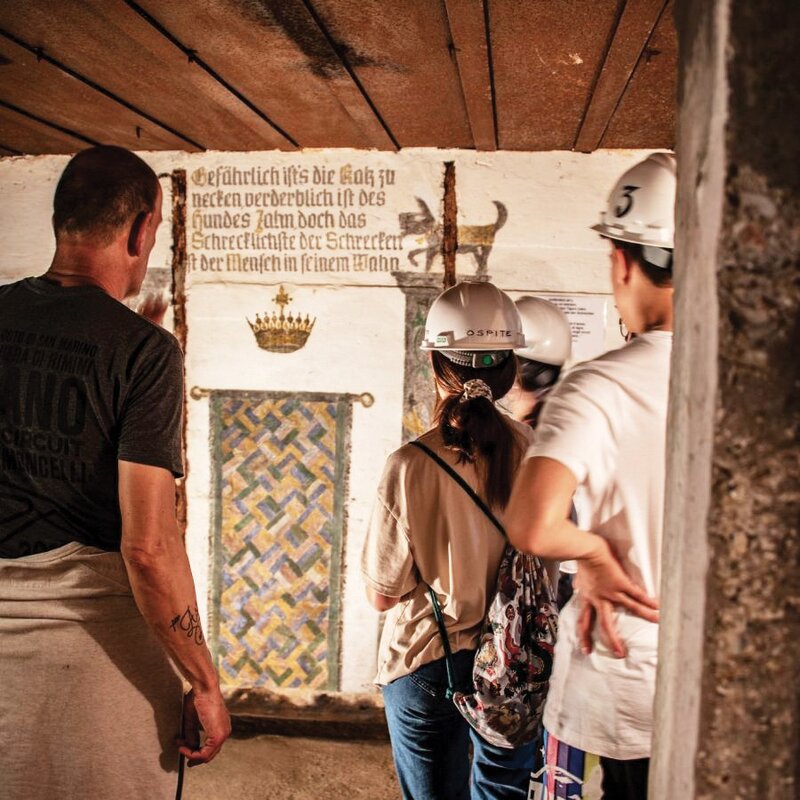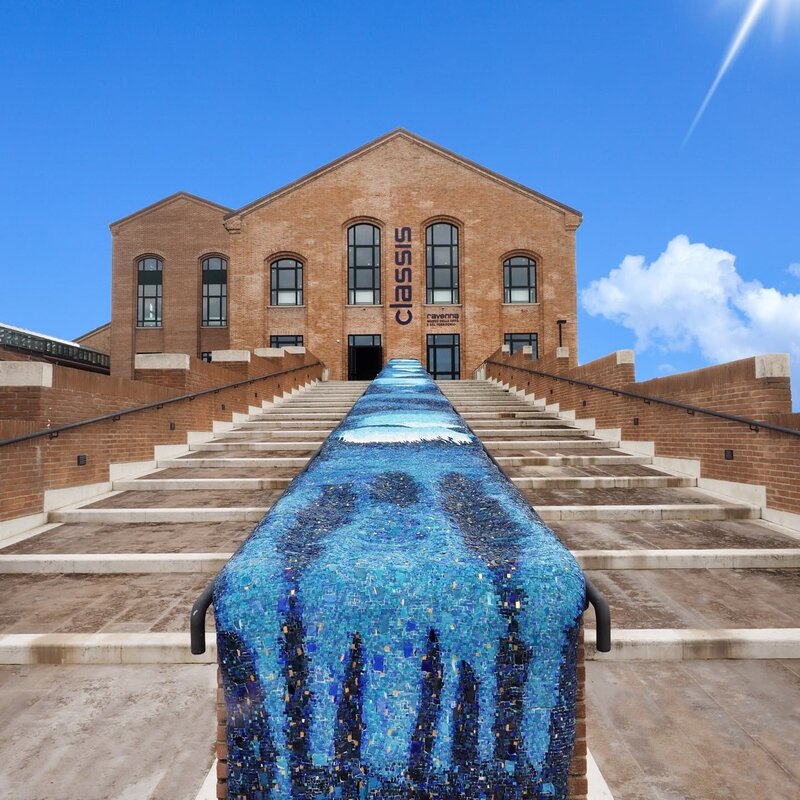Ficocle, before Cervia existed
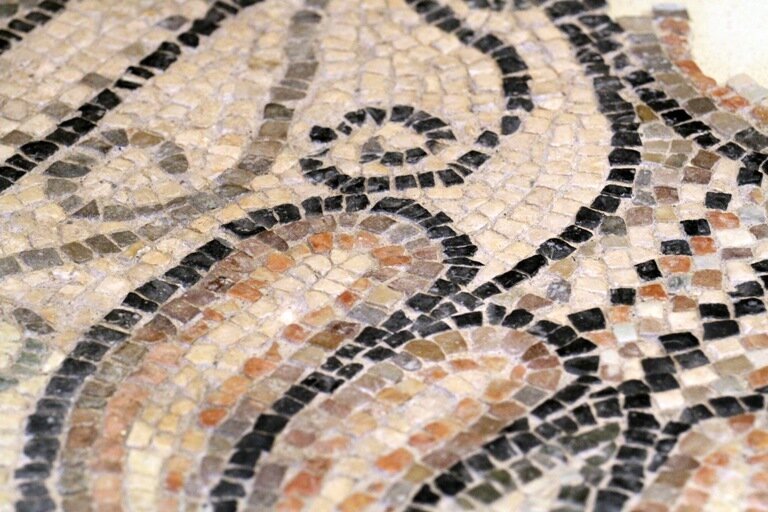
So far, in a relatively short space of time, they have been able to locate the early mediaeval site of the town and a large 5th century religious building. To find out when you can visit the area, keep an eye on the calendar!
Open days are held annually to give visitors the chance to see the archaeological site and the work going on there, in the company of the researchers. Alternatively, you can always keep up-to-date with the past through a variety of exhibitions and conferences.
In 709, Ficole was destroyed by Theodor II, the ruler of Ravenna, so the townsfolk moved to Prato della Rosa, inside the salt pans, and changed the name to Cervia. The town grew in size but the damp and marshy surroundings of the salt pans were unhealthy.
In 1697, Pope Innocent XII who was the ruler of the Papal States, decided to move the town again and had it rebuilt closer to the sea, where it still stands today.
In 1691, the first salt warehouses were built, along with the Torre San Michele, and a few years later the town grew up around these buildings.
